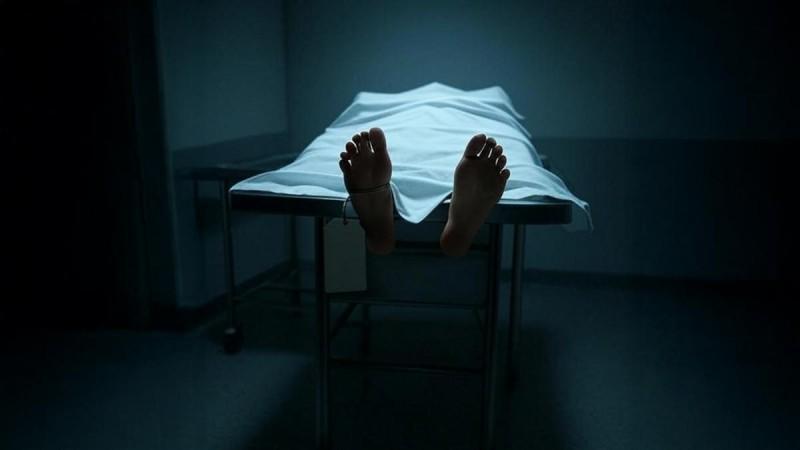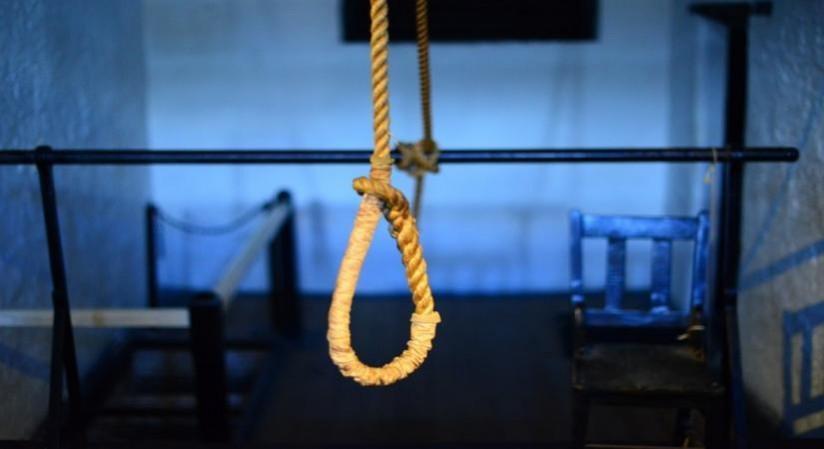
In a tragic incident that underscores the ongoing mental health crisis in educational institutions, a student from the Indian Institute of Technology-Bombay (IIT-Bombay) allegedly ended his life by jumping off a hostel building. The incident occurred in the early hours of Saturday, around 1:00 A.M., when 22-year-old Rohit Sinha reportedly took this drastic step. Sinha, a resident of New Delhi, was a fourth-year student pursuing Metallurgical Engineering and Materials Science at the prestigious institute. Despite being rushed to a nearby hospital, he was declared dead upon arrival.
A Mumbai Police official reported that the incident took place while Sinha's hostel mate was on the terrace, engaged in a phone conversation. The exact reasons behind Sinha's decision remain unclear, and the police have registered an Accidental Death Report as they continue their investigation. This incident is part of a worrying trend, as the year 2025 has seen numerous student suicides across India's premier IITs.
In July, IIT Kharagpur witnessed the death of a second-year Electrical Engineering student, Chandradip Pawar, under mysterious circumstances. This was the second such incident at the institute in recent times, following the discovery of Ritam Mondal's body, a fourth-year Mechanical Engineering student, in his hostel room on July 18. These incidents marked the fifth case of unnatural deaths on the IIT-Kharagpur campus.
Rising Concerns and Institutional Responses
Earlier in the year, on May 4, Mohammad Asif Qamar, a third-year B. Tech student from Bihar, was found dead in his room at Madan Mohan Malviya Hall. Similarly, on April 20, Aniket Walker, a final-year Ocean Engineering student from Maharashtra, was discovered hanging in JC Bose Hall. The year began with the suicide of Shaon Malik, a third-year electrical engineering student, on January 12.
The rising number of student suicides has drawn the attention of the Supreme Court, which expressed grave concern over the issue. On July 28, a Bench comprising Justice J.B. Pardiwala and Justice R. Mahadevan questioned the management of IIT Kharagpur regarding their handling of these cases. The Bench demanded accountability from the institution, asking, "Why are students committing suicide? What is the management doing?" The court directed the West Bengal police to submit detailed status reports within four weeks.

In response to these tragic events, IIT Kharagpur has been exploring various measures to prevent such incidents. The institute is considering installing smaller ceiling fans in hostel rooms to make them unusable for self-harm. This initiative is part of a broader strategy to support students facing emotional distress and prevent campus tragedies. "Apart from taking steps like reaching out to students on campus 24x7, interaction with parents of boarders every alternate month, and 'campus mothers' programme (where women faculty and staff members serve as emotional mentors for students), and having permanent psychiatrists, we are also exploring steps like scaling down the size of ceiling fans so that it cannot be used for any other purpose," said Suman Chakraborty, the institute's director.
Investigations and Preventive Measures
Chakraborty emphasized that these measures are not alternatives to addressing mental health issues but are intended to prevent impulsive actions during moments of extreme distress. The presence or absence of tools to cause self-harm can make a crucial difference, especially when backed by counseling and emotional support. The institute has also installed bar codes on the gates of every hostel room, allowing students in emotional stress to scan for the helpline number of counseling services at any hour.
In another development, the Mumbai police's Special Investigation Team (SIT) received a report from a handwriting expert confirming that the handwriting in a purported suicide note found in the hostel matched that of the deceased, Darshan Solanki. Solanki's family has claimed that he faced discrimination at the institute for belonging to a Scheduled Caste (SC) community and suspected foul play in his death. However, the inquiry committee set up by IIT Bombay ruled out caste-based discrimination and suggested deteriorating academic performance as a possible cause of suicide.
The Supreme Court has also raised concerns over administrative negligence in handling student suicides. In the IIT Kharagpur case, the court questioned why the college management did not immediately inform the police and the parents. The court warned that failure to register First Information Reports (FIRs) without delay could result in contempt proceedings against the institutions involved.
Holistic Strategies for Student Well-being
In response to these incidents, IIT Kharagpur has formed a fact-finding panel to explore academic, social, and psychological factors contributing to student suicides. The panel is expected to submit its recommendations soon. The institute's director, Suman Chakraborty, met with the father of a deceased student and interacted with him for about an hour after the grief-stricken parent arrived on campus. "We have to think if there are social factors involved in such incidents," Chakraborty said. "If someone comes to the help of such pupils during moments of extreme mental stress, certainly such situations can be averted."
The institute is also working on a holistic intervention program to ensure the overall well-being of the student community. This initiative will integrate advanced technology, specialized mental health support, and highly personalized student engagement. "Prima facie, it appears to be a case of suicide. However, the final conclusion will depend on the post-mortem report," said a police official.
Historically, student suicides have been a persistent issue in educational institutions across India. The pressure to excel academically, coupled with social and cultural factors, often leads to mental health challenges among students. In recent years, there has been a growing recognition of the need for mental health support and intervention programs in educational institutions. However, the implementation of these programs has been inconsistent, and many students continue to struggle in silence.
The tragic incidents at IIT-Bombay and IIT Kharagpur serve as a stark reminder of the urgent need for comprehensive mental health support systems in educational institutions. It is crucial for these institutions to prioritize the mental well-being of their students and create an environment where they feel safe and supported. As the nation grapples with this crisis, educational institutions, policymakers, and society as a whole must come together and address the root causes of student suicides.

















